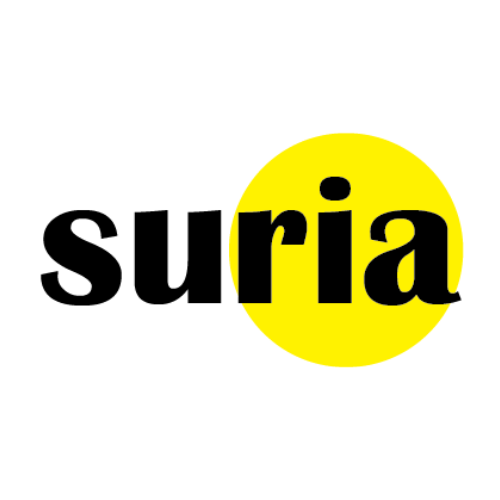When it comes to running a successful restaurant or food processing operation, having the right suppliers is crucial. However, many procurement managers face common challenges that can affect everything from quality to compliance. Let’s dive into some of these supplier procurement challenges and explore how embracing new suppliers can make a real difference in your operations.
Common Supplier Procurement Challenges
Quality Inconsistencies First up, quality is everything in the food industry. If your hairnets, gloves, or aprons don’t meet the necessary standards, it can lead to contamination and other hygiene issues. Lately, I’ve been dealing with suppliers whose products just don’t hold up, which causes frustration for our team. It’s vital to ensure every batch is reliable, so we avoid risking our customers’ health.
Supply Chain Disruptions Next, let’s talk about supply chain hiccups. We all know how unpredictable things can get. Delays in delivery can throw off our entire production schedule. Imagine running low on essential disposable products like aprons right before a busy weekend! It’s a recipe for disaster.
Compliance Concerns Compliance is another major concern. Every product we use in food processing must adhere to strict safety regulations. If suppliers can’t guarantee that their products meet industry standards, we risk failing inspections. That’s something no restaurant owner wants to deal with!
Cost Fluctuations Lastly, let’s not forget about cost fluctuations. Prices can change drastically based on market conditions, and that can really mess with our budgets. It’s tough to plan when we’re not sure how much our disposable products will cost from month to month.

How New Suppliers Address Procurement Issues
So, how can we tackle these challenges? Enter the new suppliers! Bringing fresh suppliers into the mix can breathe new life into your procurement process.
Fresh Perspective and Innovation New suppliers often offer innovative products that established companies might not provide. This can be a game changer when you’re looking to improve quality or enhance safety.
Flexibility and Customization Plus, many new suppliers are eager to customize their offerings to meet your specific needs. This flexibility can help you find the right fit for your operations, ensuring that everything runs smoothly.
Quality Assurance Commitment New suppliers may also be more focused on quality control and compliance from day one. They understand the importance of meeting standards and will work hard to deliver products that you can trust.
Building Successful Partnerships with Suppliers
Supplier Procurement Challenges
Now that we’ve discussed why new suppliers can be beneficial, how do we go about building that partnership?
Thorough Vetting Process Start with a thorough vetting process. Check their references and make sure they have the necessary compliance documentation. Don’t hesitate to ask for product samples to assess quality.
Trial Orders and Flexibility Consider placing trial orders to test their products without a big commitment. This way, you can evaluate quality and reliability before fully integrating them into your supply chain.
Open Communication Lastly, maintain open communication. Being accessible and responsive helps build trust and addresses any concerns right away.
Conclusion
Navigating supplier procurement challenges doesn’t have to be overwhelming. In fact, by being open to new suppliers, you can discover innovative solutions that not only enhance your operations but also help maintain high food safety standards.
What challenges have you faced with your suppliers? Additionally, have you found success with any new partners? We’d love for you to share your experiences in the comments below, so let’s learn from each other!
Discover our full range of disposable PPE products here

Leave a Reply
You must be logged in to post a comment.